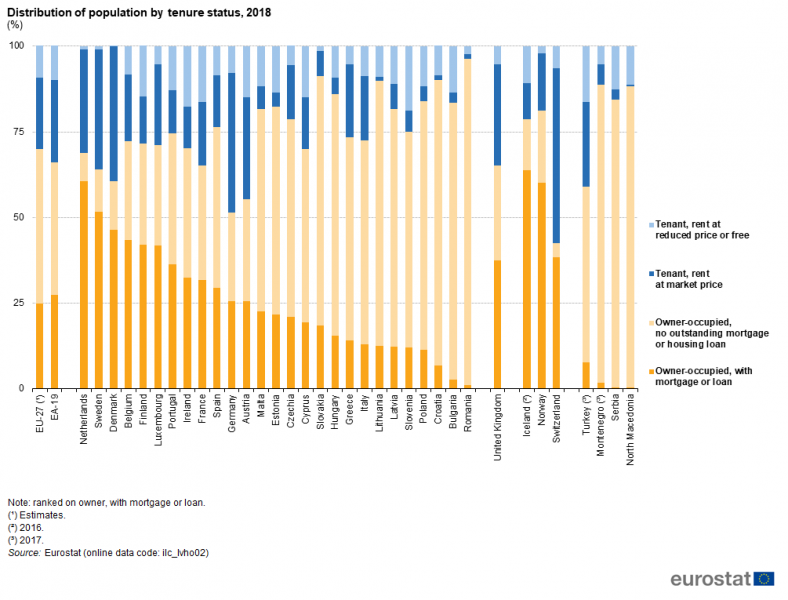I didn't squeal when I moved to Ireland and found myself on a relatively high fixed rate when so many others were on fixed trackers. Then last year I fixed at 1.9% for 7 years and the trackers are going North. That's how it goes.
BUT I do think that principal private residences are different from other asset classes, in that the state has an interest in keeping people housed, as otherwise it will need to deal with homelessness. I would prefer to see a model where if people are struggling with mortgage payments, they can get state help, in return for a % of equity passing to the state, which ultimately creates value for the state for social housing or homelessness. Wouldn't be popular mind!
